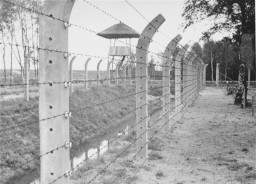You searched for: %E5%A4%96%E6%B1%87%E7%9B%98%E5%A2%9E%E5%8A%A0%E5%8A%9F%E8%83%BD%E3%80%90TG%EF%BF%BD%EF%BF%BD%EF%BF%BD%EF%BF%BD%EF%BF%BD%EF%BF%BD%EF%BF%BD%EF%BF%BD%EF%BF%BD%40EK7676%E3%80%91%E5%B9%B3%E5%8F%B0%E5%8C%85%E7%BD%91%E6%90%AD%E5%BB%BA%E5%A4%96%E6%B1%87%E7%9B%98%E5%A2%9E%E5%8A%A0%E5%8A%9F%E8%83%BD%E3%80%90TG%EF%BF%BD%EF%BF%BD%EF%BF%BD%EF%BF%BD%EF%BF%BD%EF%BF%BD%EF%BF%BD%EF%BF%BD%EF%BF%BD%40EK7676%E3%80%91%E5%B9%B3%E5%8F%B0%E5%8C%85%E7%BD%91%E6%90%AD%E5%BB%BAPkZyywyOga
<< Previous | Displaying results 61-70 of 203 for "%E5%A4%96%E6%B1%87%E7%9B%98%E5%A2%9E%E5%8A%A0%E5%8A%9F%E8%83%BD%E3%80%90TG%EF%BF%BD%EF%BF%BD%EF%BF%BD%EF%BF%BD%EF%BF%BD%EF%BF%BD%EF%BF%BD%EF%BF%BD%EF%BF%BD%40EK7676%E3%80%91%E5%B9%B3%E5%8F%B0%E5%8C%85%E7%BD%91%E6%90%AD%E5%BB%BA%E5%A4%96%E6%B1%87%E7%9B%98%E5%A2%9E%E5%8A%A0%E5%8A%9F%E8%83%BD%E3%80%90TG%EF%BF%BD%EF%BF%BD%EF%BF%BD%EF%BF%BD%EF%BF%BD%EF%BF%BD%EF%BF%BD%EF%BF%BD%EF%BF%BD%40EK7676%E3%80%91%E5%B9%B3%E5%8F%B0%E5%8C%85%E7%BD%91%E6%90%AD%E5%BB%BAPkZyywyOga" | Next >>
-
Dora Unger
ID CardDora, her parents, brother, aunt, uncle, and two cousins lived together in her grandfather's home in Essen, Germany. The Ungers were an observant Jewish family, and when Dora was 8, she began to regularly attend meetings of Brit HaNoar, a religious youth organization. 1933-39: In October 1938 a teacher, with tears in her eyes, came to Dora at the municipal pool, saying "Jews cannot swim here anymore." Just weeks later, on November 9, Jews were arrested and their property destroyed. A neighbor tried to…
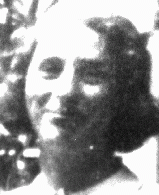
-
Jeno Nemeth
ID CardJeno moved to Szentes from a tiny farming community near the city of Szolnok, where he and his two brothers had been born to Jewish parents. Jeno owned a store that carried groceries and hardware items. He lived in the southeast Hungarian town of Szentes. Jeno and his wife, Juliana, had two married daughters, Barbara and Margit. Their son, Desider, was a dentist in Szentes. 1933-39: Jeno and his wife work hard in their store. The Depression of the 1930s was devastating, but things are starting to get a…
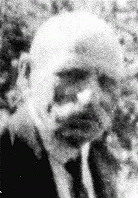
-
Ravensbrück
ArticleLearn about conditions and the treatment of prisoners in Ravensbrück, the largest concentration camp for women in the German Reich.
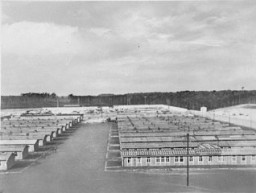
-
Collaboration
ArticleTo perpetrate the Holocaust, Nazi Germany relied on the help of allies and collaborators from across Europe, including governments, institutions, and individuals.
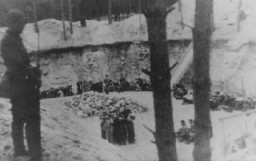
-
Subcarpathian Rus (Ukraine)
ArticleLearn more about the Transcarpathian region of Ukraine (Subcarpathian Rus) before and during World War II.
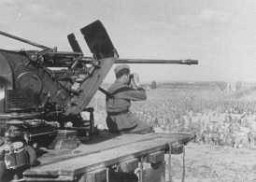
-
Hidden Children: Hardships
ArticleParents, children, and rescuers faced daunting challenges once the decision was made for a child to go into hiding during the Holocaust.
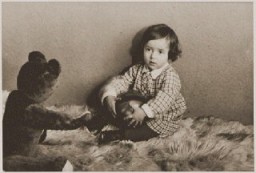
-
Klaus Barbie: The Butcher of Lyon
ArticleKlaus Barbie, chief of the Gestapo in Lyon, France, was nicknamed the "Butcher of Lyon" for his brutal actions towards Jews and members of the French Resistance.
-
German air campaign in the Low Countries
FilmThe Junkers (Ju) 87, known as the "Stuka," spearheaded the Blitzkrieg ("lightning war") attacks that were decisive in the western campaign in 1940. Stuka dive-bombers closely supported German ground forces. They destroyed enemy strong points, aircraft, and airfields, and spread panic in rear areas. Although slow and easily shot down by Allied fighters, the Stukas proved devastatingly effective in the German invasions of Poland and western Europe, where Germany enjoyed superiority in the air. Stukas caused…
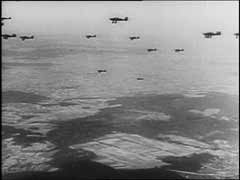
-
Stand Fast
SongErich Frost (1900–87), a musician and devout Jehovah's Witness, was active in the religious resistance to Hitler's authority. Caught smuggling pamphlets from Switzerland to Germany, he was imprisoned in the Sachsenhausen concentration camp near Berlin where he composed this song in 1942. Later deported to a labor camp at Alderney, Channel Islands, Frost survived the war and returned to Germany to serve the Watchtower Society. "Fest steht," reworked in English as "Forward, You Witnesses," is among the…
-
Herzogenbusch Main Camp (Vught)
ArticleThe Herzogenbusch concentration camp in the Netherlands began functioning in January 1943. Learn about its establishment, administration, prisoners, and conditions there.
